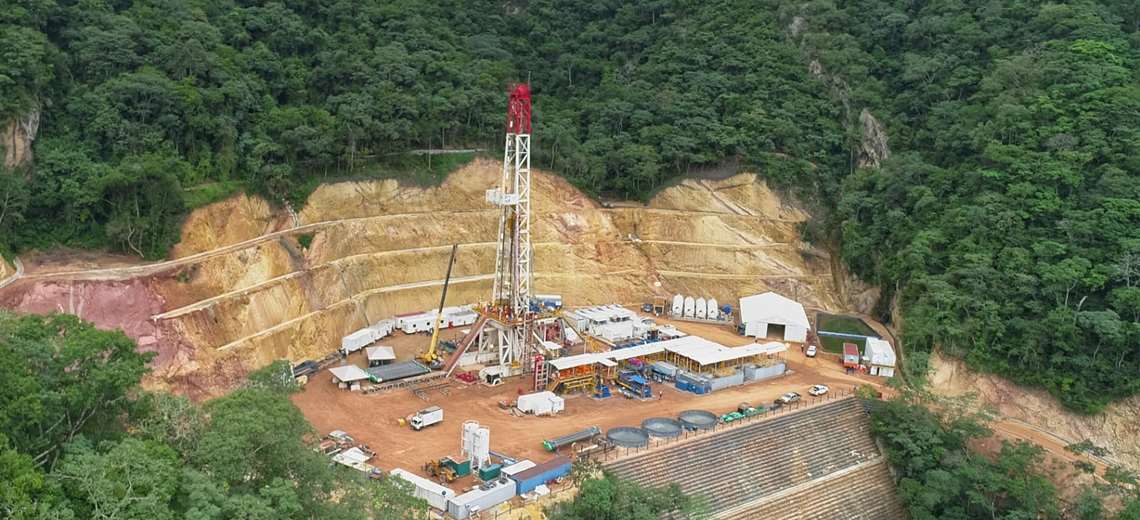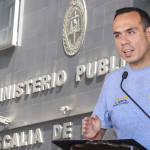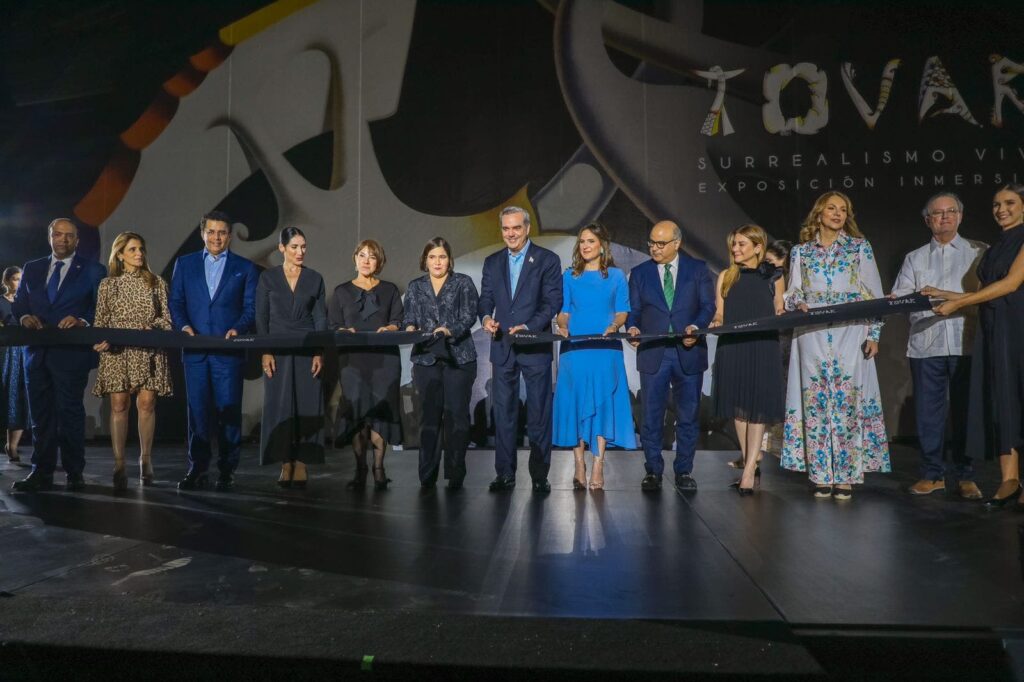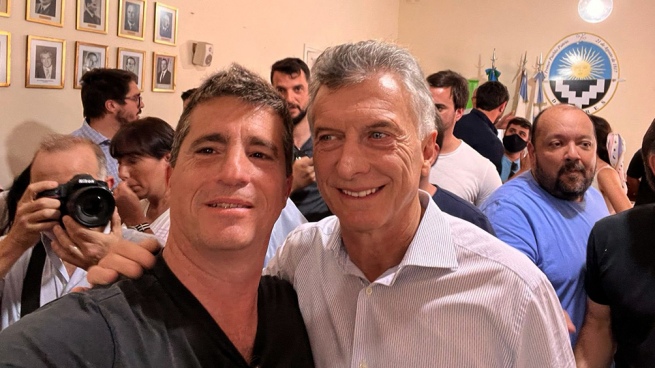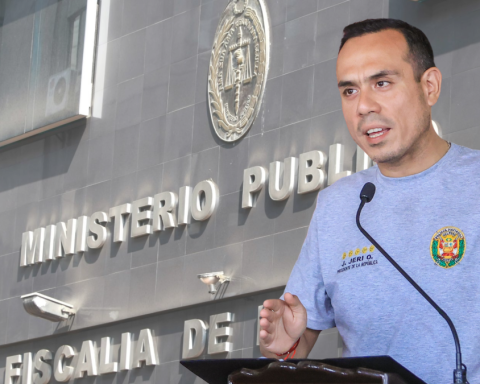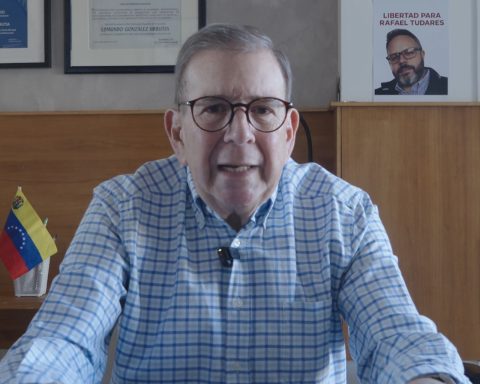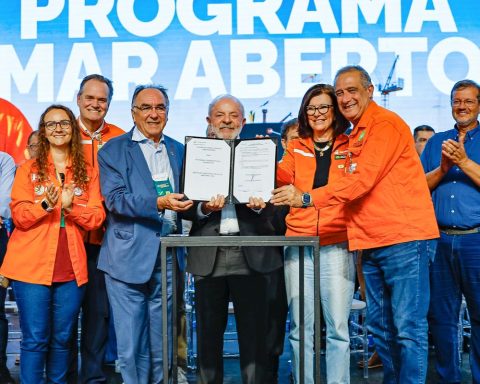By: Walter Vasquez
The negotiation that Argentina holds with Bolivia and Brazil to guarantee the greatest amount of Bolivian gas possible for the winter months reached the highest levels. Regarding YPFB, Ieasa considered the agreement closed, while trusting that the Argentine negotiators will obtain the same results with their Brazilian counterparts.
The Bolivian president, Luis Arce, will visit his Argentine counterpart, Alberto Fernández, next Thursday in Buenos Aires to discuss the negotiations aimed at signing the sixth addendum to the gas contract between the state-owned Bolivian Fiscal Oilfields (YPFB) and Integration Argentine Energy Company (IEASA).
“They decided to lead the negotiation for the supply of natural gas themselves for the winter in Argentinasince it has been stuck for months and is an important resource for our country,” said the foreign minister of the neighboring country, Santiago Andrés Cafiero.
In principle, Ieasa wanted 14 million cubic meters (MMm3/day), while YPFB offered to send 6 to 7 MMm3/day in the summer months and 9 MMm3/day in the winter months, a proposal that was later raised to 12 MMm3/day for the coldest months of the year.
However, on April 3, the president of Ieasa, Agustín Gerez, reported that Bolivian shipments will reach up to 16 MMm3/day for the coldest months of the year. “We came with a supply of 7.5 million meters from Bolivia, and this week it will reach 10 and 11 million. We are going to reach 16 million cubic meters (per day) by the middle of the year”, he detailed in statements collected by the newspaper Clarín.
So far, the negotiations with Argentina have been carried out with the participation of Gerez and other technicians from Ieasa and the Argentine Secretary of Energy, and with the approval of President Alberto Fernández and Vice President Cristina Fernández.
According to Clarin, Ieasa sources assured that the agreement with Bolivia is already closed.
The River Plate Government, likewise, carries out intense Negotiations for the Jair Bolsonaro administration to reduce the maximum demand for Bolivian gas during the winterso that YPFB can redirect those volumes to the Argentine market.
The Argentine ambassador to Brazil, Daniel Scioli, reported that next Friday they will meet together with the Minister of Economy, Martín Guzmán, and the Brazilian Minister of Mines and Energy, Bento Costa Lima, to deepen energy integration between the two countries. In that meeting, the request for Argentina to buy more gas from Bolivia will be discussed.
According to Página12, Sciolí anticipated that “managements have already begun” to reach that agreement and that they already had a first meeting with Costa Lima “so that Brazil can have a few million more cubic meters during the winter,” an action that would be compensated later. The agreement “is on track” and “in practical terms, Brazil would cede a part of its imports from Bolivia”he pointed out.
The ambassador recalled that the Argentina was “very supportive of Brazil last year, with its drought and the drop in hydroelectric production”. “Now what we are looking for is that they help us with the supply of gas, without this implying a reduction in the fluid they use for their own consumption.”
Argentine media and analysts see the agreement with Brazil as feasible, since the reservoirs of the Brazilian hydroelectric plants have recovered, which would result in a lower demand for Bolivian gas for energy production.
According to Página12, at the moment, Argentina pays about US$8 per million BTU for Bolivian gas and the new contract will establish the disbursement of an additional $10 for the same amount. In other words, Argentina will buy gas from YPFB at US$18 per million BTU, a price that is still below the US$39 to US$45 that the neighboring country invests to import liquefied natural gas (LNG).
The negotiations between the three countries take place at a time when the war between Russia and Ukraine has triggered oil prices in the international market and has increased the demand for LNG by Europe, to break its dependence on Russian gas.
By: Walter Vasquez
The negotiation that Argentina holds with Bolivia and Brazil to guarantee the greatest amount of Bolivian gas possible for the winter months reached the highest levels. Regarding YPFB, Ieasa considered the agreement closed, while trusting that the Argentine negotiators will obtain the same results with their Brazilian counterparts.
The Bolivian president, Luis Arce, will visit his Argentine counterpart, Alberto Fernández, next Thursday in Buenos Aires to discuss the negotiations aimed at signing the sixth addendum to the gas contract between the state-owned Bolivian Fiscal Oilfields (YPFB) and Integration Argentine Energy Company (IEASA).
“They decided to lead the negotiation for the supply of natural gas themselves for the winter in Argentinasince it has been stuck for months and is an important resource for our country,” said the foreign minister of the neighboring country, Santiago Andrés Cafiero.
In principle, Ieasa wanted 14 million cubic meters (MMm3/day), while YPFB offered to send 6 to 7 MMm3/day in the summer months and 9 MMm3/day in the winter months, a proposal that was later raised to 12 MMm3/day for the coldest months of the year.
However, on April 3, the president of Ieasa, Agustín Gerez, reported that Bolivian shipments will reach up to 16 MMm3/day for the coldest months of the year. “We came with a supply of 7.5 million meters from Bolivia, and this week it will reach 10 and 11 million. We are going to reach 16 million cubic meters (per day) by the middle of the year”, he detailed in statements collected by the newspaper Clarín.
So far, the negotiations with Argentina have been carried out with the participation of Gerez and other technicians from Ieasa and the Argentine Secretary of Energy, and with the approval of President Alberto Fernández and Vice President Cristina Fernández.
According to Clarin, Ieasa sources assured that the agreement with Bolivia is already closed.
The River Plate Government, likewise, carries out intense Negotiations for the Jair Bolsonaro administration to reduce the maximum demand for Bolivian gas during the winterso that YPFB can redirect those volumes to the Argentine market.
The Argentine ambassador to Brazil, Daniel Scioli, reported that next Friday they will meet together with the Minister of Economy, Martín Guzmán, and the Brazilian Minister of Mines and Energy, Bento Costa Lima, to deepen energy integration between the two countries. In that meeting, the request for Argentina to buy more gas from Bolivia will be discussed.
According to Página12, Sciolí anticipated that “managements have already begun” to reach that agreement and that they already had a first meeting with Costa Lima “so that Brazil can have a few million more cubic meters during the winter,” an action that would be compensated later. The agreement “is on track” and “in practical terms, Brazil would cede a part of its imports from Bolivia”he pointed out.
The ambassador recalled that the Argentina was “very supportive of Brazil last year, with its drought and the drop in hydroelectric production”. “Now what we are looking for is that they help us with the supply of gas, without this implying a reduction in the fluid they use for their own consumption.”
Argentine media and analysts see the agreement with Brazil as feasible, since the reservoirs of the Brazilian hydroelectric plants have recovered, which would result in a lower demand for Bolivian gas for energy production.
According to Página12, at the moment, Argentina pays about US$8 per million BTU for Bolivian gas and the new contract will establish the disbursement of an additional $10 for the same amount. In other words, Argentina will buy gas from YPFB at US$18 per million BTU, a price that is still below the US$39 to US$45 that the neighboring country invests to import liquefied natural gas (LNG).
The negotiations between the three countries take place at a time when the war between Russia and Ukraine has triggered oil prices in the international market and has increased the demand for LNG by Europe, to break its dependence on Russian gas.
;
